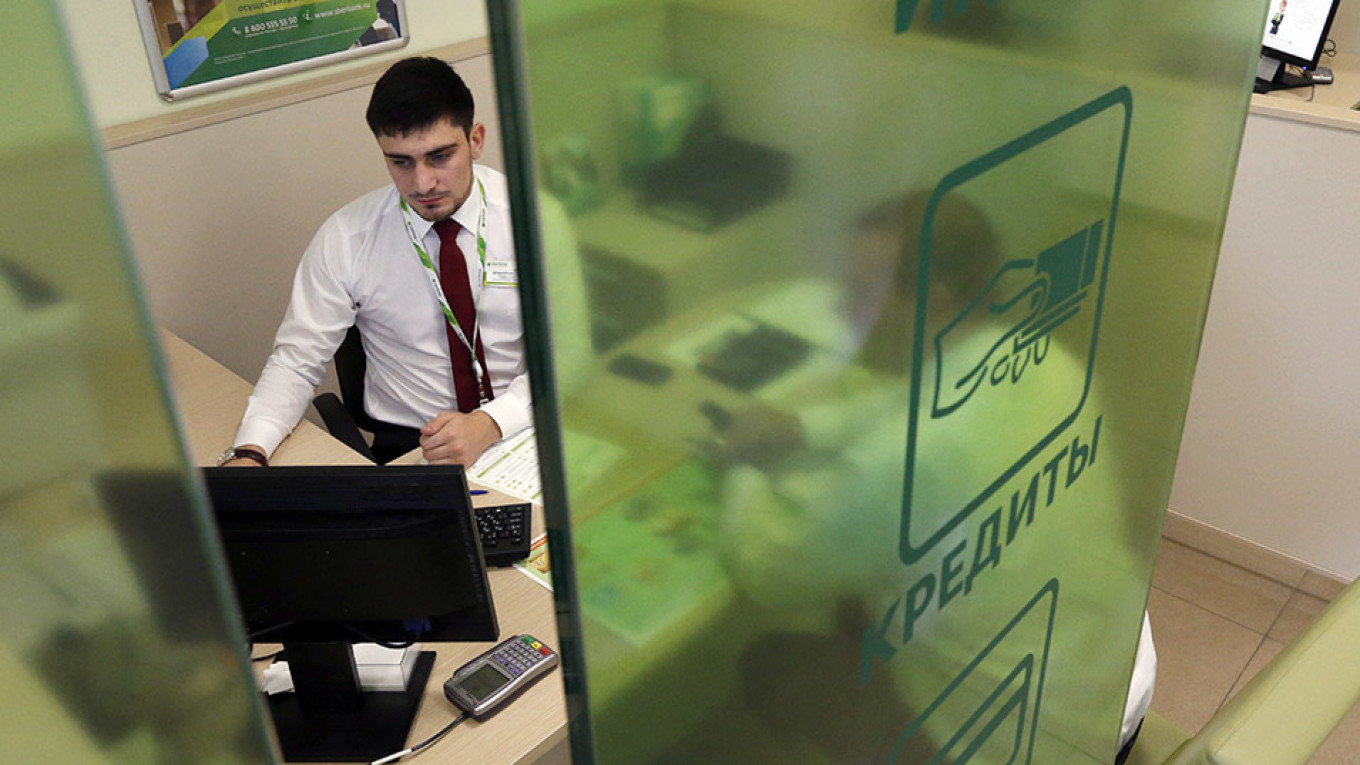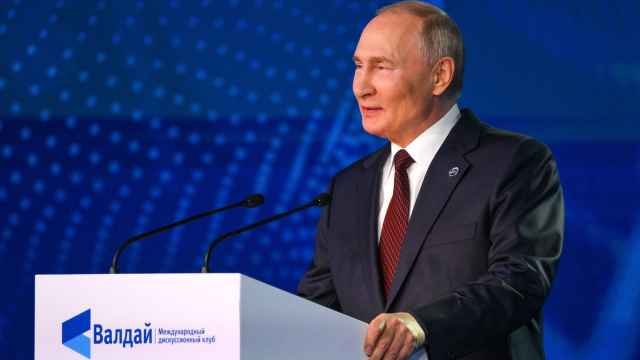New rules designed to deflate Russia’s consumer credit bubble have come into force today, requiring banks to take a much-closer look at risky borrowers.
Russian banks will now have to calculate each customer’s total “debt burden” — the amount of a person’s monthly income which goes to paying off loans and credit cards — before offering them a new loan. For loans to customers with a higher debt burden, banks will be required to hold more capital to account for the increased risk.
The measures are the latest steps by the Central Bank to cool Russia’s growing debt bubble, which has spooked policymakers. Among other measures introduced earlier this year, the Central Bank capped the maximum interest rate banks could charge borrowers to 1% per day in response to the boom in Russians taking out payday loans.
The Central Bank expects the growth in consumer loans to cool in the final quarter of 2019, falling from an annual rate of 22% in 2018 to around 10% this year, according to RBK.
Banks, microfinance providers and credit cooperatives are all covered by the rules, which affect new loans worth more than 10,000 rubles ($154). Analysts and representatives from Russia’s leading banks told Forbes they expect the cost of borrowing and the number of loan rejections to increase.
Nearly 5 million Russians spend more than half their monthly income on servicing loans, according to data from the National Bureau of Credit History.
Meanwhile, conditions for those taking out mortgages in Russia continue to improve as a result of falling Central Bank interest rates being passed onto customers. According to reports, mortgage providers Dom.RF and Sberbank have both cut certain rates on mortgages to below 9%.
A Message from The Moscow Times:
Dear readers,
We are facing unprecedented challenges. Russia's Prosecutor General's Office has designated The Moscow Times as an "undesirable" organization, criminalizing our work and putting our staff at risk of prosecution. This follows our earlier unjust labeling as a "foreign agent."
These actions are direct attempts to silence independent journalism in Russia. The authorities claim our work "discredits the decisions of the Russian leadership." We see things differently: we strive to provide accurate, unbiased reporting on Russia.
We, the journalists of The Moscow Times, refuse to be silenced. But to continue our work, we need your help.
Your support, no matter how small, makes a world of difference. If you can, please support us monthly starting from just $2. It's quick to set up, and every contribution makes a significant impact.
By supporting The Moscow Times, you're defending open, independent journalism in the face of repression. Thank you for standing with us.
Remind me later.






